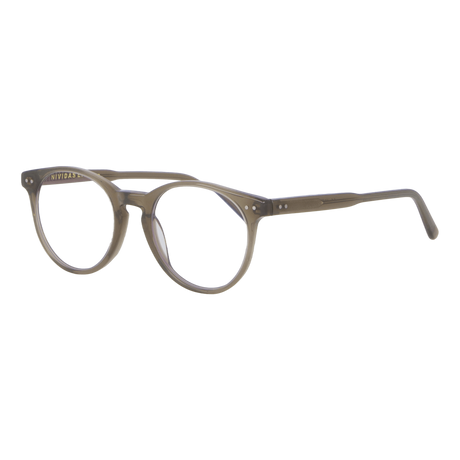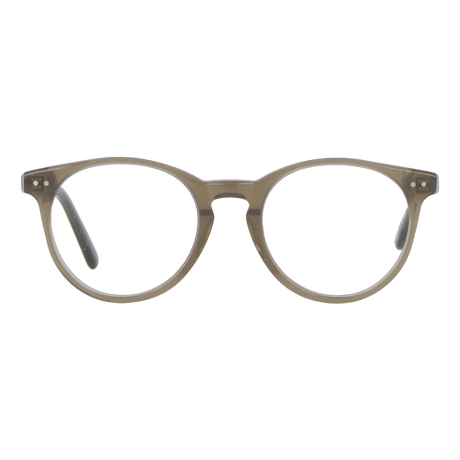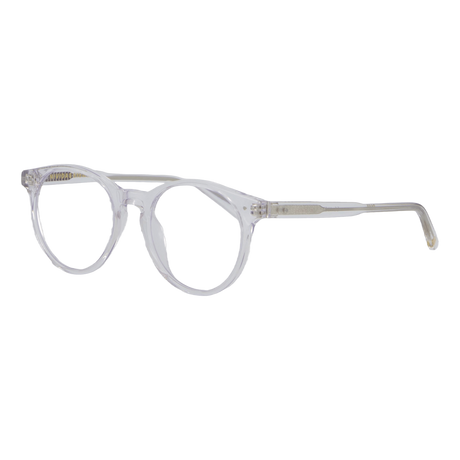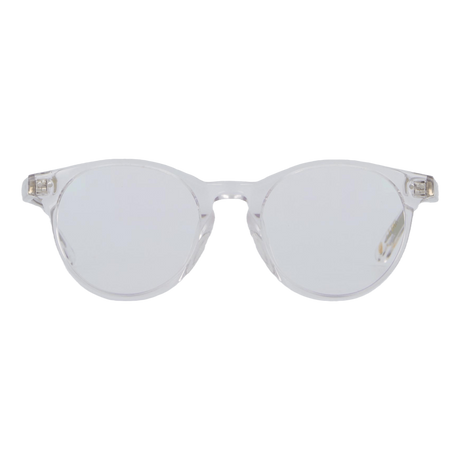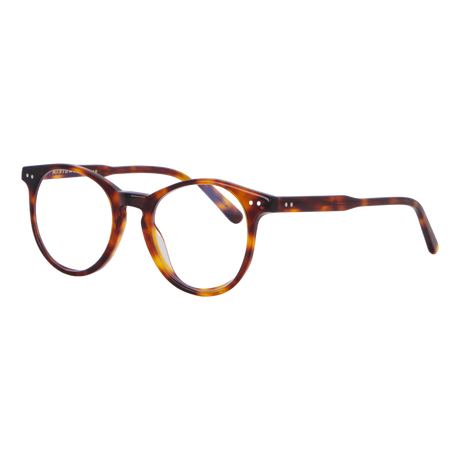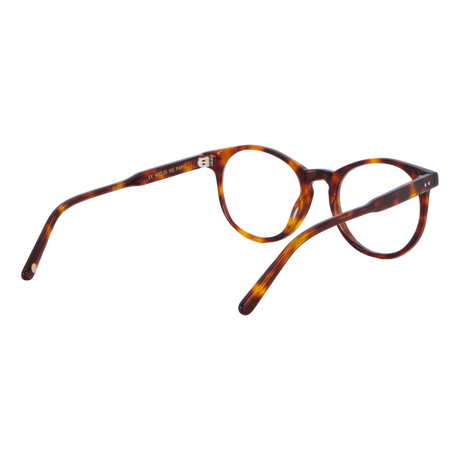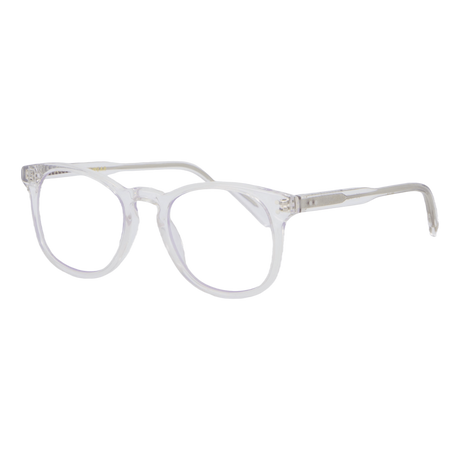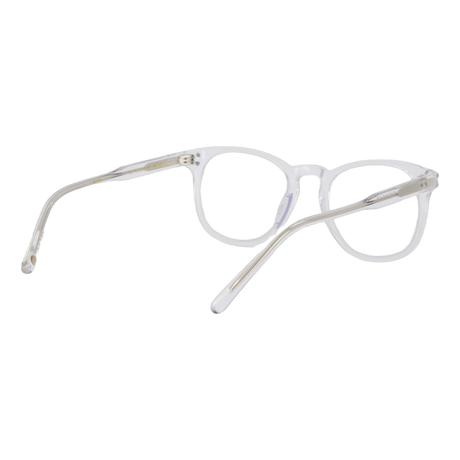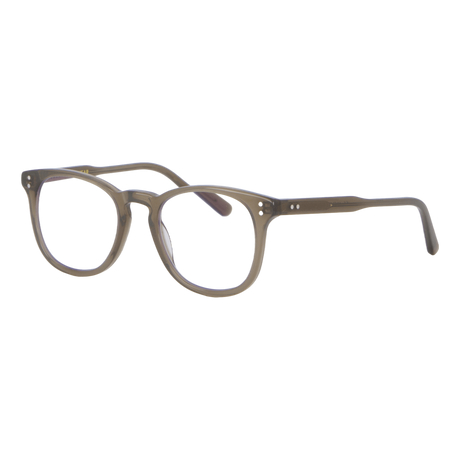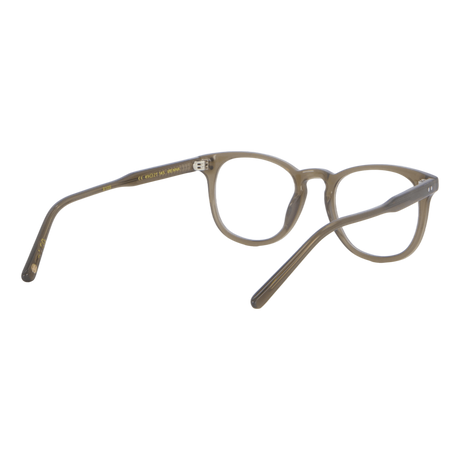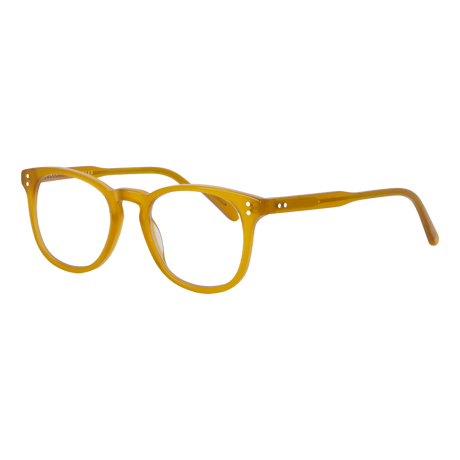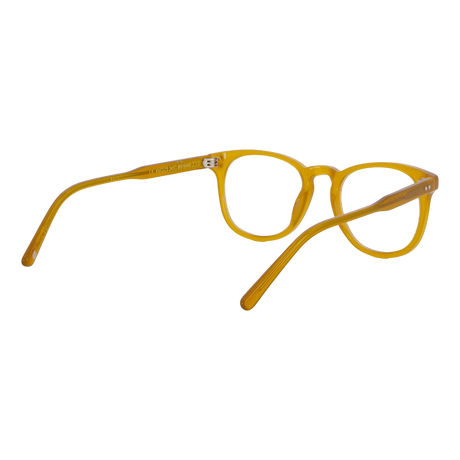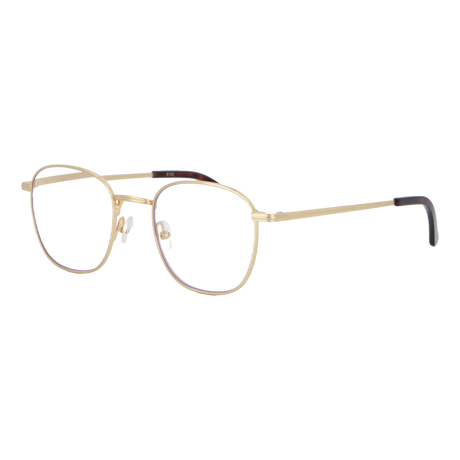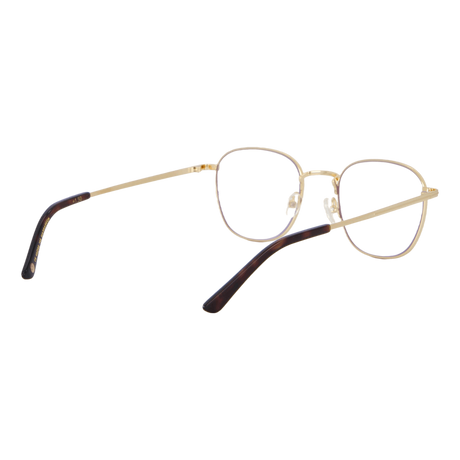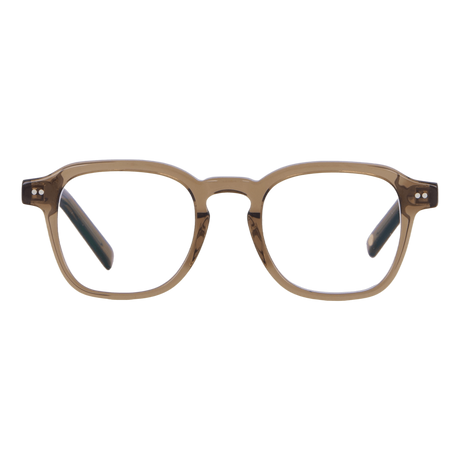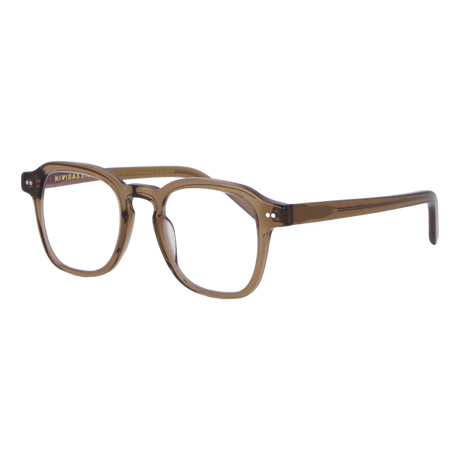What Are Progressive Lenses?
Progressive lenses, also known as multifocal lenses, are a type of eyeglasses that have a gradual transition between different strengths in the same lens. This allows you to see clearly at all distances - near, intermediate, and far - without having to switch glasses or look over the top of your glasses.
Progressive lenses are designed to correct presbyopia, a condition that typically occurs after the age of 40 and makes it difficult to focus on objects up close. Instead of having a distinct line separating the lens into two parts like bifocal glasses, progressive lenses have a seamless transition between the different strengths.
Advantages of Progressive Lenses
There are several advantages to choosing progressive lenses over other alternatives:
- You can see clearly at all distances without having to switch glasses
- There is no visible line dividing the lens, giving a more aesthetically pleasing appearance
- You only need one pair of glasses instead of multiple pairs for different activities
- Progressive lenses provide a smoother transition between strengths compared to bifocal lenses
Disadvantages of Progressive Lenses
Although progressive lenses have many advantages, there are also some potential drawbacks to consider:
- It may take some time to get used to progressive lenses and find the "sweet spot" for different distances
- Some people may experience distortion or blurriness in the peripheral (outer) areas of the lens
- Progressive lenses are typically more expensive than single-vision glasses or reading glasses
How Much Do Progressive Lenses Cost?
The cost of progressive lenses can vary depending on several factors, including lens type, material, treatments, and brand. On average, you can expect to pay somewhere between $300 and $1,000 for a high-quality pair of progressive lenses.
While this may seem like a significant investment, it's important to remember that you're getting a pair of glasses that can be used for all your daily activities. You no longer need to have multiple pairs of glasses for different purposes.
Progressive Lenses vs. Other Alternatives
Let's compare progressive lenses with some other popular alternatives for people with presbyopia:
Progressive Lenses vs. Bifocal Lenses
Bifocal lenses have two distinct parts with different strengths - one for distance vision and one for near vision. The advantage of bifocal lenses is that they are typically less expensive than progressive lenses. The disadvantage is the visible line dividing the lens and the abrupt shift between the two strengths.
Progressive Lenses vs. Reading Glasses
Reading glasses are single-vision glasses intended solely for close-up work like reading or sewing. They are much less expensive than progressive lenses but can only be used for one purpose. You need to take them on and off when switching between different activities.
Progressive Lenses vs. Contact Lenses
Contact lenses are a popular alternative to glasses for many people. Both single-vision and multifocal contact lenses are available. The advantage of contact lenses is that they provide a wider field of view and are not affected by weather. Disadvantages include higher maintenance costs, strict hygiene requirements, and the fact that some people cannot or do not want to wear them.
Are Progressive Lenses Right for Me?
If you have presbyopia and want a pair of glasses that can be used for all your daily activities, progressive lenses may be the right choice for you. However, keep in mind that it may take some time to get used to them, and they represent a larger initial investment compared to some other alternatives.
The best way to determine if progressive lenses are right for you is to consult with an optician. They can perform an eye exam, discuss your needs, and recommend the best solution for your lifestyle and budget.
Regardless of whether you choose progressive lenses or another alternative, it's important to take care of your eye health. Be sure to get regular eye exams and always follow your optician's advice to keep your eyes healthy and your vision sharp for many years to come.

